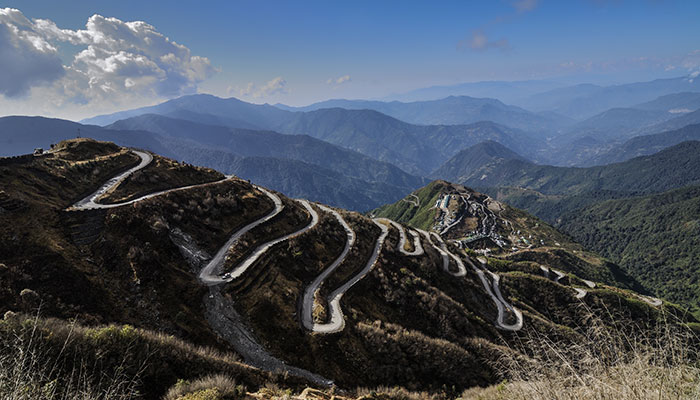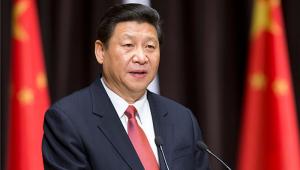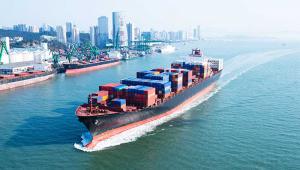web_silkroad_shutterstock_150734492.jpg

China's Belt and Road initiative is a bid to reinvent the ancient Silk Road, a network of trading routes connecting Asia, Africa and Europe. Shutterstock
The Belt and Road initiative – an effort to revive the ancient Silk Road that connected the three continents – envisages heavy investment in ports, railways and roads in a bid to boost trade and growth.
China has billed the initiative the “project of the century”, driven by the goal of shared prosperity amid a flagging global economy. But the plan has been met with scepticism, especially from western nations.
At a summit on the project yesterday, China’s president Xi Jinping used his speech to try and allay the suspicion that the initiative is a power play, intended to win China more influence.
He painted the Belt and Road as a “win-win”, strengthening peace, prosperity and cooperation among participating countries, and stressed: “We have no intention to interfere in other countries’ internal affairs, export our own social system and model of development, or impose our own will on others.
“We will not resort to outdated geopolitical manoeuvring... We have no intention to form a small group detrimental to stability, what we hope to create is a big family of harmonious co-existence.”
He announced $124bn worth of planned investment in the country’s flagship globalisation project, which is gaining momentum just as the world’s previous champions of globalisation rein in their enthusiasm.
The funding includes a pledge of $14.5bn to China’s state-owned investment fund dedicated to the project, lending schemes worth $55.1bn from China’s development and export-import bank and $8.7bn in aid to participating developing countries and international organisations.
China’s summit attracted dozens of world leaders, but most heads of state and government, especially from the world’s major economies, preferred to decline Xi’s invitation and send lower-ranking representatives instead.
India boycotted the event altogether, angered by the fact that one of the initiative’s key projects passes through Kashmir – the region at the centre of a long and bitter territorial dispute between India and Pakistan.
A spokesman for its foreign ministry also highlighted another key concern surrounding the Belt and Road: that countries could end up saddled with substantial debts to the Chinese banks and companies that fronted the projects for them.
“Connectivity initiatives must follow principles of financial responsibility to avoid projects that would create an unsustainable debt burden for communities,” Gopal Baglay said, according to Reuters.
Xi stressed that his signature foreign policy will be based on principles of good governance, but other observers have also advised caution. While the project could tackle the substantial infrastructure deficit faced by Asia in particular, and remedy China’s excess industrial capacity and need to find new sources of growth, it could also result in a trail of white elephants.
Critics have noted one of the key reasons for Asia’s lack of infrastructure is a dearth of viable projects. Fitch Ratings, for instance, has warned of the consequences if political motivations trump commercial logic and real demand – unsustainable debt for developing countries and more bad loans for China.
Most global institutions, however, have backed the project. Speaking at the summit yesterday, International Monetary Fund chief Christine Lagarde said that while delivering on the promise is “not an easy task”, the benefits could be “enormous”.
Kenya’s president Uhuru Kenyatta – one of only two African leaders to attend – said before the summit he aimed to secure an extension to Chinese infrastructure projects already underway in Kenya, as well as greater access to China’s market for African goods.
Almost all – 90% – of Kenya’s largest infrastructure project, a railway line stretching from Mombassa to Nairobi (and eventually beyond into Uganda, Rwanda and South Sudan) was paid for with Chinese cash.












